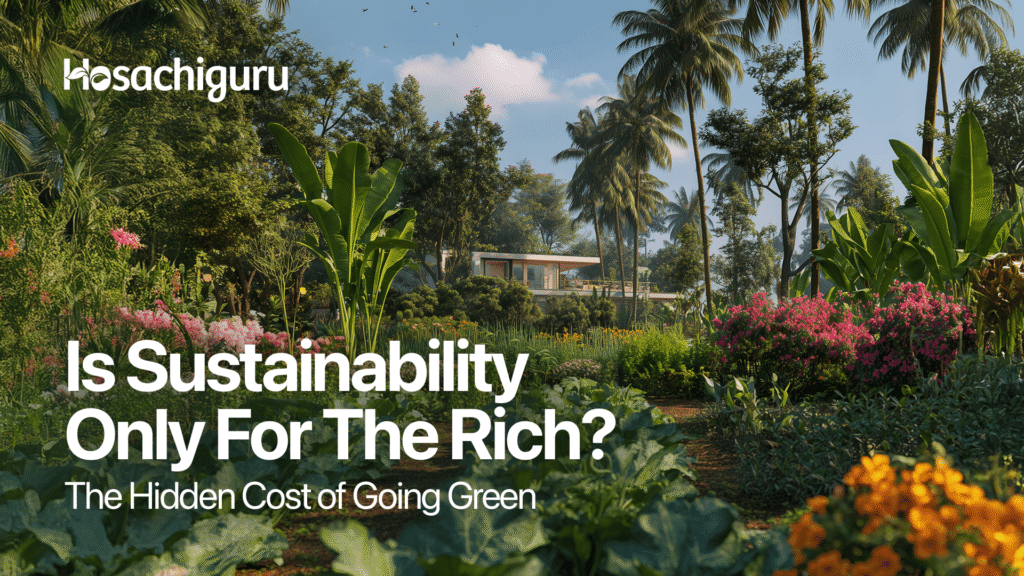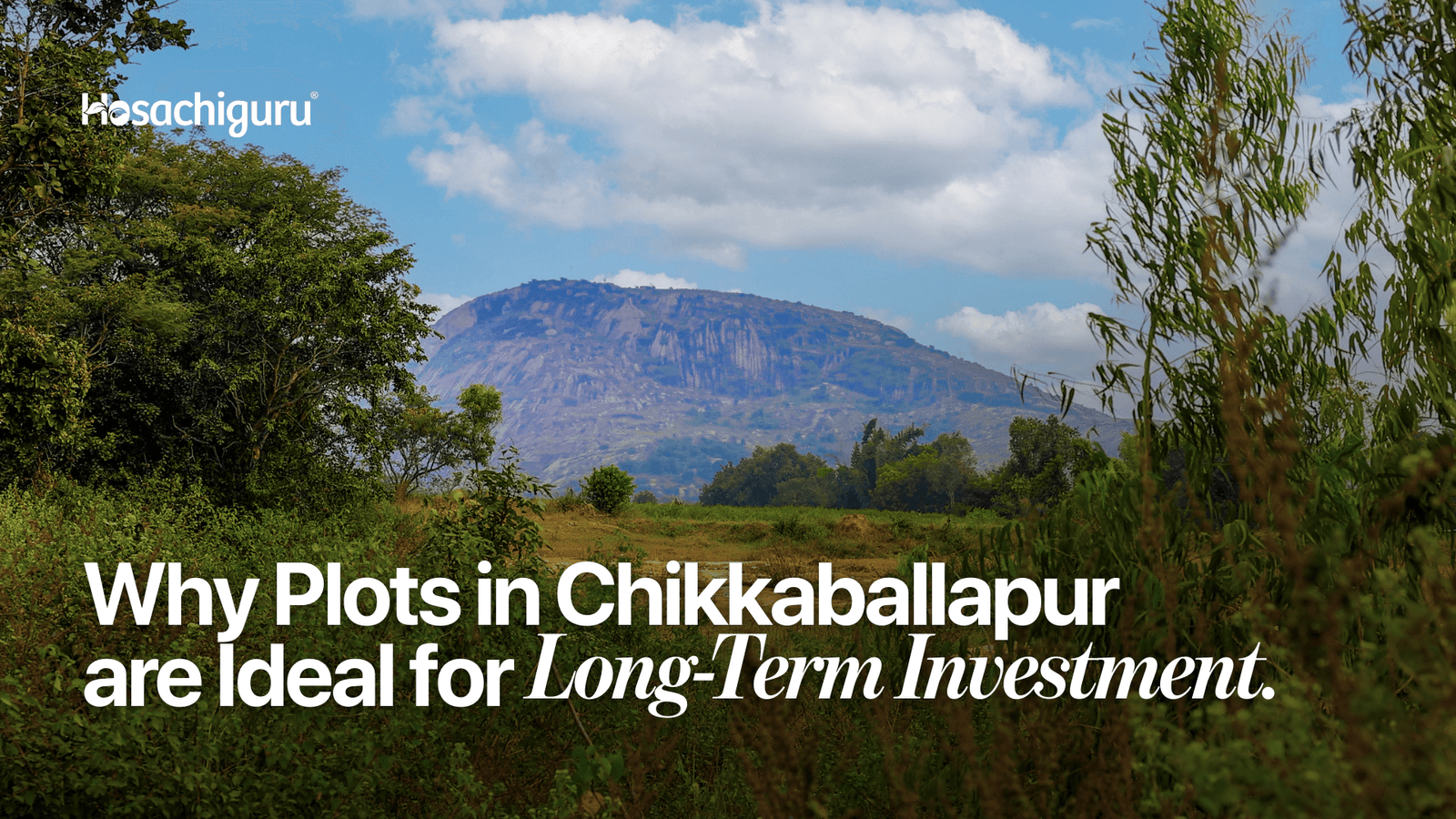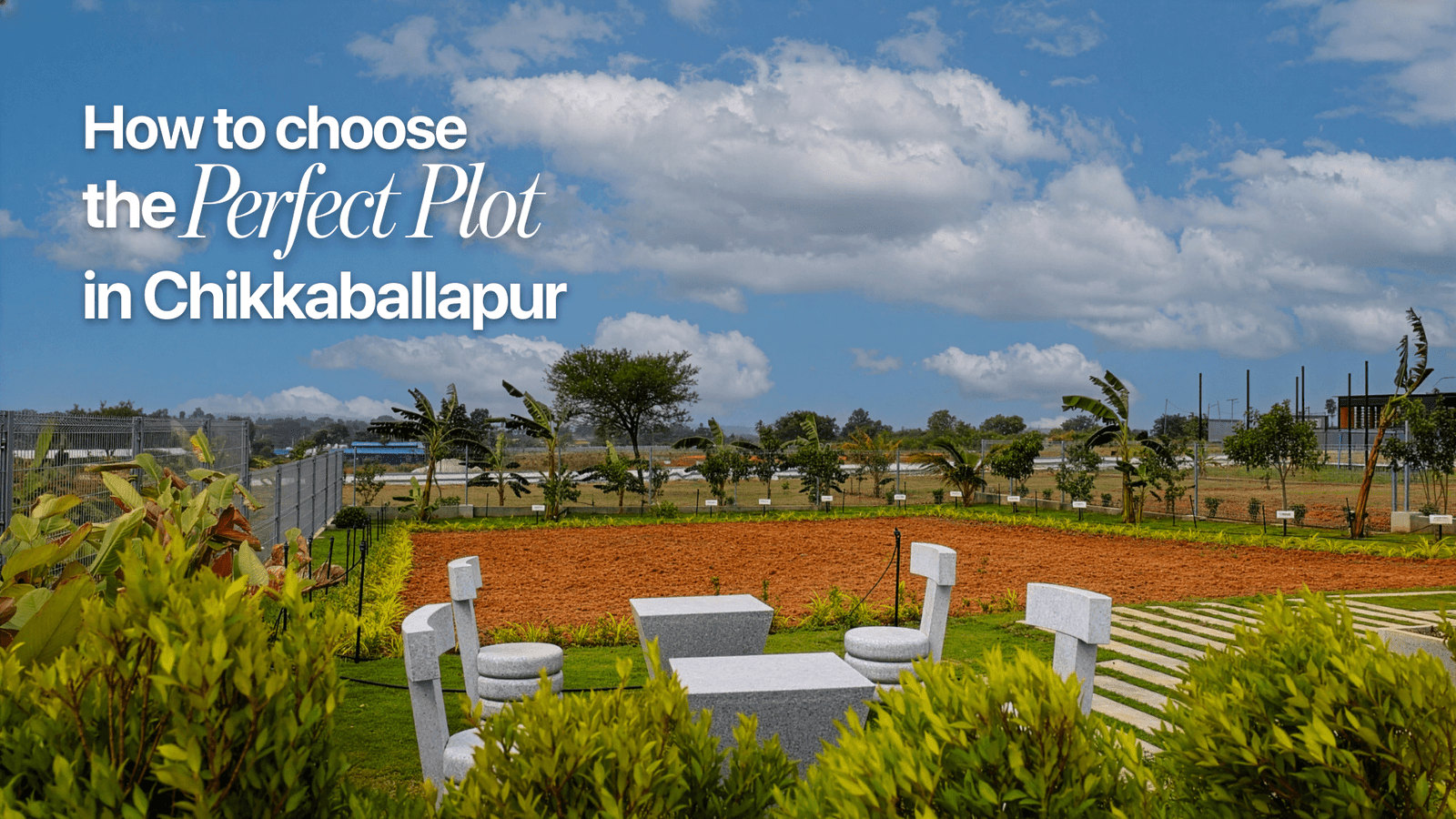Eco-Friendly or Elite-Only? The Hidden Cost of Going Green
Saving the planet is easy, just buy a Tesla, eat kale grown in unicorn compost, and sip iced matcha through a gold-plated metal straw. Simple, right? At least, that’s the glossy version of sustainability we’re sold. But here’s the uncomfortable truth: the green lifestyle often comes with a price tag that could make your wallet hyperventilate.
If you’ve ever looked at the “eco-friendly” aisle in a store and wondered whether protecting the planet also requires maxing out your credit card, you’re not alone. Sustainability today feels less like a collective responsibility and more like a VIP club. And the membership fee? Astronomical.
The Expensive Badge of Being Green
The story goes like this: buy an electric car, shop for organic veggies, ditch plastic straws for stainless steel, and suddenly you’re a planet-saving superhero. But let’s scratch that shiny surface for a moment.
Take electric vehicles. They’re marketed as the saviors of the environment—clean, chic, and forward-looking. But to actually afford one, you’d need the budget of a small country. The sticker price is staggering, battery replacements are nightmare fuel for your bank account, and charging infrastructure is so patchy you’d better plan road trips like military operations. The math doesn’t add up either—by the time you “break even” on fuel savings, your neighbor’s diesel car has already had three reincarnations.
Then there’s organic produce—the kale, the spinach, the free-range eggs. We’re told it’s better for the soil, our bodies, and the future. True, in theory. But when your salad greens cost more than your electricity bill, it feels less like nourishment and more like punishment. Why is it that junk food is dirt cheap and clean food is a luxury? It’s almost as if the system is rigged to make healthy choices, the least accessible ones.
And let’s not forget the poster children of eco-conscious living: metal straws, bamboo forks, paper bags. On the surface, they scream sustainability. In reality, they’re often just expensive accessories. Paper packaging guzzles water and energy in production, bamboo cutlery usually ends up single-use anyway, and carrying a stainless steel straw around makes you feel more like you’re role-playing a sustainability influencer than saving marine life.
Here’s the deeper irony: none of these solutions are wrong. EVs do reduce emissions compared to fossil-fuel cars, organic farming is healthier for soils, and reusable products are better than disposables. The issue isn’t that they exist. The issue is how they’re framed—as consumer upgrades rather than systemic fixes. We’re told to shop our way into salvation, when in reality, the real changes we need—better public transport, stronger agricultural policy, scalable waste management—aren’t nearly as glamorous.
So when sustainability is reduced to “buy this instead of that,” it becomes a game only the wealthy can afford to play. For the rest of us, it feels like being priced out of morality.
Carbon Offsets: Swipe, Shop, Save the World?
And then there’s carbon offsets, the holy grail of guilt-free living. For a small fee, you can erase your environmental sins. Want to fly business class across the world? Just tick the “offset” box and voilà—you’re carbon neutral. Drive your SUV guilt-free, because somewhere out there, someone has promised to plant trees on your behalf.
But offsets are often more symbolic than effective. Many projects are poorly monitored or double-counted, and planting trees today doesn’t negate the emissions your flight spewed yesterday. At best, offsets delay damage. At worst, they’re clever accounting tricks that let corporations and consumers buy their way out of responsibility.
It’s like buying “planet protection insurance,” except the fine print says Earth may still not be covered.
Why Does Sustainability Feel Elitist?
This is where the duplicity of our green movement comes into full view. The narrative has shifted from collective change to individual consumption. Want to save the planet? Upgrade your lifestyle. Buy the right car, eat the right food, carry the right straw. Sustainability has been turned into a boutique experience—curated, branded, and conveniently profitable for someone.
Meanwhile, the wealthy buy Teslas and eco-villas with solar panels, earning applause for being pioneers. The middle class struggles to balance budgets, making hard choices between school fees and sustainable soap. And the working class? They’ve been reusing plastic bags, repairing clothes, and living frugally long before it was fashionable, except they don’t get any hashtags for it.
If saving the Earth is packaged as a luxury, then who exactly are we saving it for? Because sustainability that works only for the privileged isn’t sustainable at all.
Shifting the Lens: Sustainability for All
Here’s the hopeful twist: sustainability doesn’t have to be this way. Real sustainability isn’t about boutique swaps or luxury upgrades, it’s about systems that make eco-friendly living the default, not the exception. It’s about shared resources, smarter agriculture, and rethinking community spaces. It’s about inclusivity, not elitism.
And believe it or not, there are models that prove this is possible.
Hosachiguru: A Different Approach
At Hosachiguru managed farmlands, sustainability is a practice. Instead of turning eco-living into an overpriced lifestyle brand, it’s woven into the soil itself. Agroforestry, soil regeneration, water conservation, and biodiversity gardens aren’t glossy add-ons; they’re the foundation.
The best part? It’s not gated off for the wealthy few. Managed farmlands are designed for people from all walks of life—spaces where sustainability is lived. You don’t need a Tesla, a premium subscription to organic produce, or a fancy metal straw set. You just need a willingness to reconnect with the earth.
Because the Earth doesn’t just belong to those who can afford it, it belongs to all of us. And the green future we need isn’t elitist, curated, or exclusionary. It’s collective, rooted, and accessible.
Final Thought
Sustainability should never feel like a privilege. Yes, today it often comes dressed in luxury price tags, but it doesn’t have to stay that way. The future depends on solutions that work not just for the few, but for the many.
At Hosachiguru real sustainability isn’t about buying greener. It’s about living greener. And that’s something all of us can afford.
“At the end of the day, green isn’t about status. It’s about survival—for all of us.

 24 Sep 2025
24 Sep 2025  6 Min
6 Min


